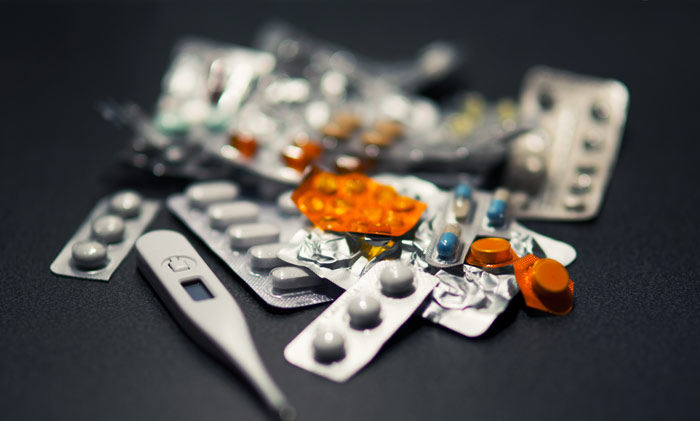
The success of a surgery depends on many factors, but the patient may affect only a few of them. Here are 6 changes in lifestyle that will help speed up the wound healing and recover faster.
Winter is traditionally considered the busiest period for surgeons. People get hurt while skiing, and then they need knee joint replacement, they fall on the ice and break a hip, or just want to be better prepared for the summer season and decide upon some plastic surgeries. The success of recovery after the surgery and the rate of wound healing depend entirely on the lifestyle that you practice. Here are 6 rules that will help you quickly forget about the surgery.
Giving up smoking
This is the most obvious and trivial rule. If you smoke, you cause irreparable damage to your organs and increase the likelihood of heart attacks, strokes and cancer. Smoking significantly reduces the success of surgical operations, as smokers find it more difficult to control their breath while under anesthesia. Finally, smoking damages the cardiovascular system, which dramatically increases the time of wound healing. If you smoke and you are going to have a surgery, make sure you quit this bad habit.
Improving your diet
Malnutrition has negative influence on the health and the body’s response during surgeries. This is a serious condition that increases operative and postoperative risks. Malnutrition or lack of any important nutrients weakens the immune system, causing muscle weakness and a negative effect on wound healing.
Nutrition supplements
Even if you keep to a well-balanced diet, you can still miss some vitamins and proteins that promote rapid healing of wounds after surgeries. For example, vitamins A, E, and C. Why not provide your body with them by using supplements?
Weight Management
This is easier said than done, but overweight or obesity increases the risk of postoperative complications. Overweight prevents wound healing, as the skin is exposed to extra pressure. If you get rid of a certain amount of extra pounds, you will recover faster after a surgery.
Chronic diseases
Diabetes, kidney disease and hypertension are just a few examples of chronic diseases that increase the risk of complications during and after surgery. It is very important to be in better shape, preparing for a surgery. And if you’re not good enough at controlling your chronic illness, this situation should be changed.
Doctor’s advice
If you trust the surgeon who performs the surgery, be sure to follow further guidelines that you will get during the period of recovery. Like all other doctors, surgeons want to help their patients be healthy again, as well as minimize the risk of complications after the surgery. Follow all the recommendations, take necessary medications, go to medical tests and examinations, and do not gamble when it comes to your own health.






